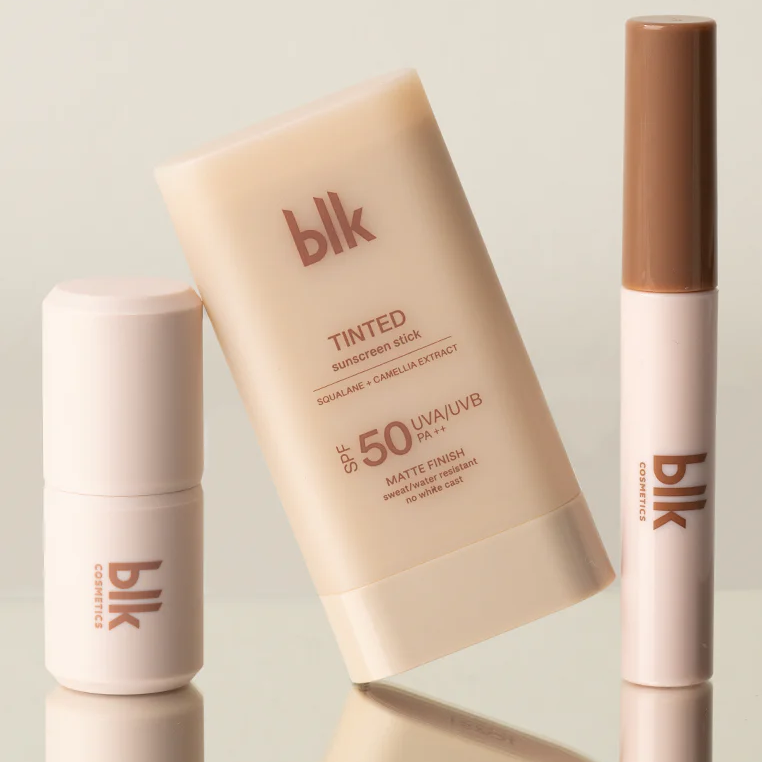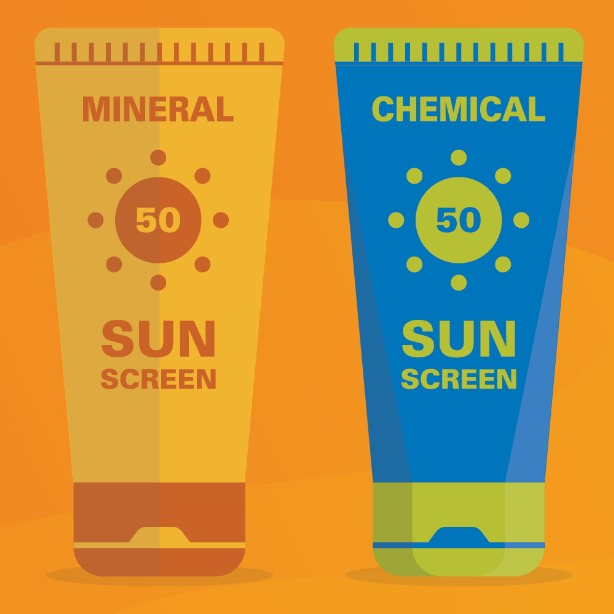
Do I need Vitamin C?
Vitamin C, also known as ascorbic acid, is a powerful antioxidant that offers numerous benefits for the skin. Here are some key advantages of incorporating vitamin C into your skincare routine:
1. Antioxidant Protection: Vitamin C is a potent antioxidant that helps to neutralize free radicals, which are unstable molecules that contribute to premature aging and damage to the skin cells. By combating free radicals, vitamin C helps protect the skin from oxidative stress and reduces the signs of aging caused by environmental factors such as pollution and UV radiation.
2. Collagen Production: Vitamin C plays a crucial role in collagen synthesis, a protein that provides structure and elasticity to the skin. As we age, collagen production naturally decreases, leading to the formation of fine lines, wrinkles, and sagging skin. By promoting collagen production, vitamin C helps maintain the skin's firmness and elasticity, resulting in a more youthful and plump appearance.
3. Brightens and Evens Out Skin Tone: Vitamin C has skin-brightening properties and helps to fade hyperpigmentation and dark spots. It inhibits the production of melanin, the pigment responsible for dark spots and uneven skin tone. Regular use of vitamin C can lead to a more even complexion, reduced discoloration, and a radiant glow.
4. Reduces Inflammation: Vitamin C possesses anti-inflammatory properties, making it beneficial for individuals with sensitive or irritated skin. It can help calm redness, soothe inflammation, and promote a more balanced complexion.
5. Enhances Sun Protection: While vitamin C cannot replace sunscreen, it can complement sun protection measures. It has been shown to help strengthen the skin's defense against UV damage. Although it does not provide sufficient sun protection on its own, combining vitamin C with broad-spectrum sunscreen can offer added protection against sun-induced skin damage.
6. Wound Healing: Vitamin C plays a crucial role in the skin's natural healing process. It aids in the synthesis of collagen, which is essential for repairing damaged skin, including scars, wounds, and acne marks. By promoting tissue repair, vitamin C can help improve the overall appearance and texture of the skin.
It's important to note that vitamin C is sensitive to light, heat, and air exposure, which can reduce its effectiveness. Look for stabilized forms of vitamin C, such as ascorbic acid or ascorbyl palmitate, in skincare products. Additionally, gradual incorporation into your skincare routine and daily use of a broad-spectrum sunscreen are recommended for optimal results.
Consult with a dermatologist or skincare professional to determine the best concentration and formulation of vitamin C that suits your skin type and concerns.
1. Antioxidant Protection: Vitamin C is a potent antioxidant that helps to neutralize free radicals, which are unstable molecules that contribute to premature aging and damage to the skin cells. By combating free radicals, vitamin C helps protect the skin from oxidative stress and reduces the signs of aging caused by environmental factors such as pollution and UV radiation.
2. Collagen Production: Vitamin C plays a crucial role in collagen synthesis, a protein that provides structure and elasticity to the skin. As we age, collagen production naturally decreases, leading to the formation of fine lines, wrinkles, and sagging skin. By promoting collagen production, vitamin C helps maintain the skin's firmness and elasticity, resulting in a more youthful and plump appearance.
3. Brightens and Evens Out Skin Tone: Vitamin C has skin-brightening properties and helps to fade hyperpigmentation and dark spots. It inhibits the production of melanin, the pigment responsible for dark spots and uneven skin tone. Regular use of vitamin C can lead to a more even complexion, reduced discoloration, and a radiant glow.
4. Reduces Inflammation: Vitamin C possesses anti-inflammatory properties, making it beneficial for individuals with sensitive or irritated skin. It can help calm redness, soothe inflammation, and promote a more balanced complexion.
5. Enhances Sun Protection: While vitamin C cannot replace sunscreen, it can complement sun protection measures. It has been shown to help strengthen the skin's defense against UV damage. Although it does not provide sufficient sun protection on its own, combining vitamin C with broad-spectrum sunscreen can offer added protection against sun-induced skin damage.
6. Wound Healing: Vitamin C plays a crucial role in the skin's natural healing process. It aids in the synthesis of collagen, which is essential for repairing damaged skin, including scars, wounds, and acne marks. By promoting tissue repair, vitamin C can help improve the overall appearance and texture of the skin.
It's important to note that vitamin C is sensitive to light, heat, and air exposure, which can reduce its effectiveness. Look for stabilized forms of vitamin C, such as ascorbic acid or ascorbyl palmitate, in skincare products. Additionally, gradual incorporation into your skincare routine and daily use of a broad-spectrum sunscreen are recommended for optimal results.
Consult with a dermatologist or skincare professional to determine the best concentration and formulation of vitamin C that suits your skin type and concerns.





اترك تعليقًا
This site is protected by hCaptcha and the hCaptcha Privacy Policy and Terms of Service apply.